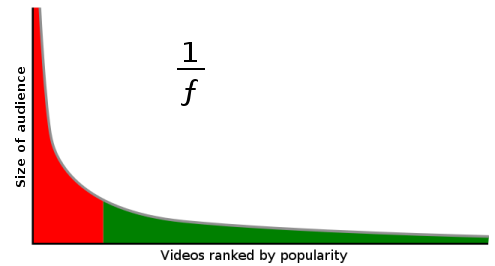In May I began a project with two professors and a couple classmates to create an ebook over the summer. The theme was Digital Civilization. Summer is now over and we didn't write a book, but the project was a success in other ways. I learned a lot about both the subject at hand and content creation and collaboration. This post is a summary of the project from my point of view and contains (in the order listed):
- An overview of the team
- A timeline of the project
- The two comics I did as my final contribution
- Links to the most significant blog posts I made throughout the project
- Concluding comments
The Team
The two other students who were on board at the beginning withdrew early on because they were busy; here are pictures of the three of us who stayed with the project (with links to their twitter accounts).
 |
Me
(excited student) |
The Timeline:
I didn't record all of our meetings and team decisions. But here is a more-or-less accurate timeline of how the project progressed, with links to relevant blogs posts I did:
May:
The team assembles for an exploratory meeting. In attendance are Dr. Daniel Zappala, Dr. Gideon Burton, two other students, and myself. We discuss whether material created during the previous semester's Digital Civilization class can be refined into an ebook, whether we wanted to create entirely new material, and whether we want to commit to the project.
We begin holding weekly meetings to discuss our target audience, specifics of the topic, and content.
June:
We begin toying with the idea of using a comic book format and targeting the the interested but uninformed demographic. I learn about Jaron Lanier and get really into his ideas.
July:
The work is mostly broken up into three comic we're each drawing on digiciv themes, which will be refined and combined--with more to be done later--into our finished product. I create drafts of two comics about the reality (or lack of reality) involved with virtual experiences.
Professor Burton allows me to accompany him to a lunch meeting with two businessmen who are in the webseries industry. At one point he invites them to see my comic, and they seem pleased with it. (This is not the purpose of that meeting, but I appreciated being included and getting a degree of social proof concerning my work.
August:
Fall semester at BYU starts soon, and we are all busy. The project gets shifted to the back-burner, then taken off of the stove entirely. But it had a good run.
The Products
Here are scanned versions of the two comics I drafted as my final contribution to the project. As mentioned above, my topic was "questions of identity and reality and the virtual world". The original plan was to send the drafts to some actual artist to make them look nice, but that never happened so you're seeing the unrefined versions.
Comic #1: "A Peaceful Dispute About Violence"
I cut out the material at the beginning of this one because I don't like it. We join the action as a woman has just expressed concern to her husband that his violent video games are harmful...
The daughter's comments in the bottom-left panels are illegible so I'll repeat them here:
"But you have experience in that country, don't you when you play that game? Your mind makes memories and develops patterns, especially because there's always a subconscious desire...that the game is real."
Comic #2: "A Virtual Date"
The Blog Posts
Everything I posted on this blog from May up until now was related to this project. In case you don't want to browse the archive, I've gathered links to the most important posts. First is the inaugural post, then some ideas that I got excited about and a couple comics I wrote.
A Final Word
This phase of my research and work concerning digital civilization is at an end, but I will continue to follow and study developments in this sphere. So watch this blog for updates!
Thanks to Professors Burton and Zappala for the chance to work with you. Among your gifts and generosities is the willingness to take the ideas of your students seriously.














